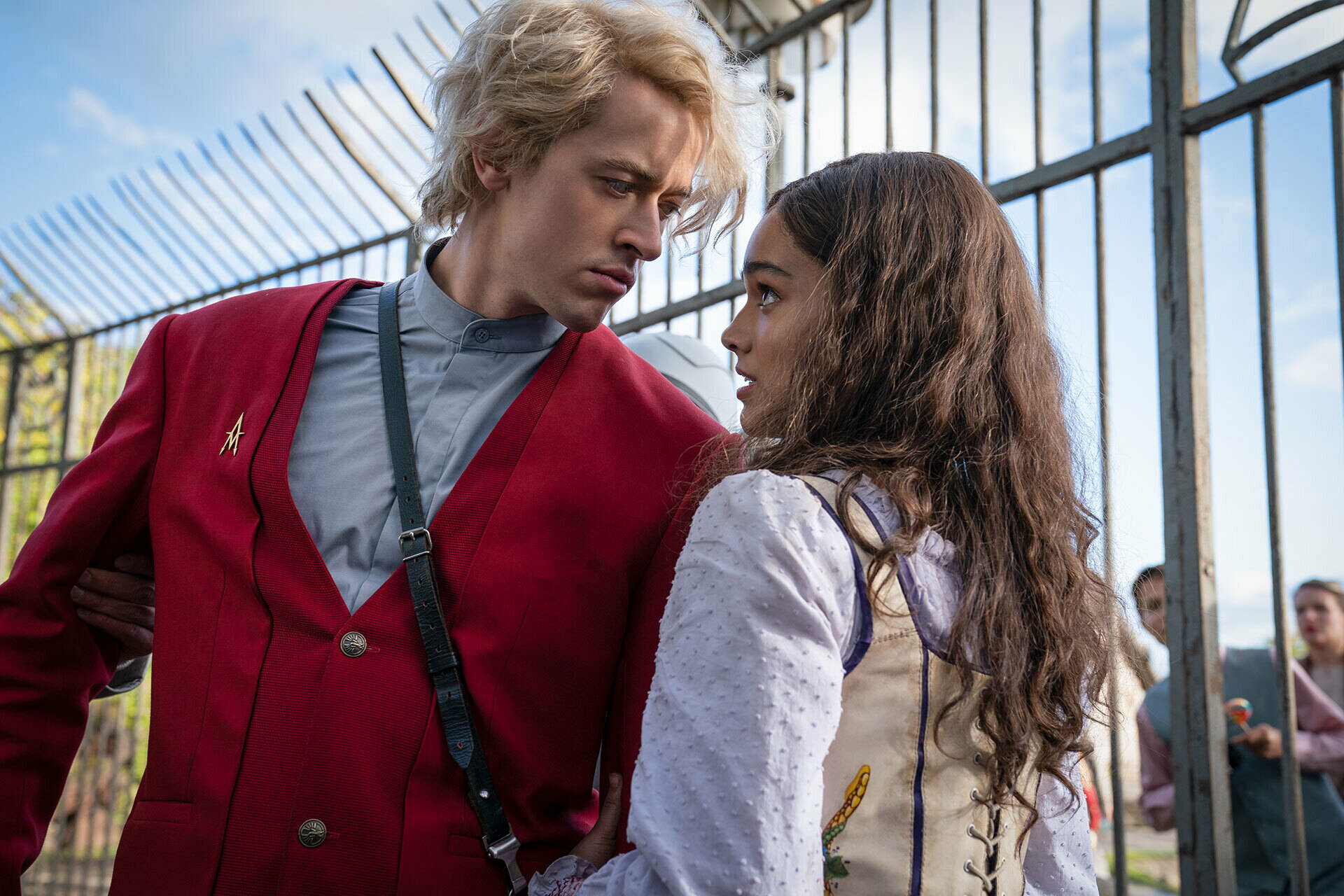“The Hunger Games: The Ballad of Songbirds and Snakes” was released over a month ago. I saw it during its second weekend, which seems like ancient history now. I’ve been surprised how much it’s stuck with me in that time, especially since when it had been announced I had written it off as a pointless attempt at reviving a long-dormant franchise that was better off staying that way.
That take, in hindsight, was maybe over cynical — and hypocritical — given that I’m regularly first in line to any spin-off, legacy sequel or remake of plenty of other franchises. I wrote in praise of “The Marvels,” the 33rd film in the Marvel Cinematic Universe the very same day that “Ballad” was released.
The truth is, I forgot entirely that “The Hunger Games” is great and always has been.
“Ballad” is a film that ultimately leaves me somewhat conflicted, but it’s a more than welcome return to Suzanne Collins’ densely created and interesting world with sharp perspectives on politics, media, activism and resistance in ways that have for years resonated far beyond the pages of her novels or Lionsgate’s film series.
My mistake was lumping in “The Hunger Games” with the slate of young adult dystopian fiction that it inspired in the 2010s, like “Divergent,” “The Maze Runner” and “Ready Player One.” It’s perhaps too easy to forget that “The Hunger Games” did it first and did it best — the poor decision to split “Mockingjay” into two parts aside.
“Ballad” is set more than 60 years before the original “Hunger Games” film and novel, and centers on Coriolanus Snow, portrayed by Tom Blyth. He becomes President Snow, the villain of the original series, and “Ballad” is effectively his origin story.
The titular Hunger Games are in their infancy, but still resemble the competition seen in the original series. Children from around Panem — a dystopian future United States — are forced to fight to the death in a twisted punishment for a failed revolution. Snow is among a group of college students wrapped into a plot to make the games more successful, to convince the people of Panem to actually watch and become invested in the barbarity on display.
To that end, he and his peers are made the first mentors, tasked with turning the tributes brought to the capitol for the competition “into spectacles, not survivors.” Snow is partnered with a woman taken from the coal mining District 12, a singer named Lucy Gray Baird who’s played by Rachel Zegler.
Both Blyth and Zegler are great, and the film really rests entirely on their connection as Snow becomes invested in her survival and works to help her win the games.
“Ballad” revels in many of the same themes that its predecessors had, with a tone that’s refreshingly biting. Early on, the tributes are dumped into a zoo for the capitol residents to ogle, immediately broadcast on television by weatherman/Hunger Games host Lucky Flickerman, played delightfully by Jason Schwartzman. In response to harassment, a tribute brutally kills one of the mentors. They’re swiftly gunned down by capitol police through the bars of their prison. The film explores activism and propaganda, and matches the themes of revolution that the original trilogy did.
Therein, to a point, lies my primary misgivings about the film. Because it centers on Snow, this film doesn’t end with the radical acts of rebellion that Katniss Everdeen will enact in 60 some years. Instead, it ends with Snow deciding that maybe fighting for a better world isn’t for him. I’m not sure we needed to find out how the rich, old, white man became that way.
Returning to the “Hunger Games” universe is thrilling, more so than I had anticipated, but Snow’s was not the most interesting story it had left to tell.
That’s not to say there’s nothing interesting, original, or worthwhile to be found here. The film through Baird and other supporting players interrogates interesting ideas and comes to a satisfying conclusion. I walked out eager to revisit the original films and watch Snow’s world come crashing back down.
It’s exciting to see the return of this flavor of film to theaters — young adult fiction film adaptations oversaturated and crashed their own niche in the late 2010s, during the same years I was working at local theaters. “Divergent” was left unfinished, “The Maze Runner” crawled to a conclusion that came years after everyone had moved on, and neither had half as much to say as “The Hunger Games.” Teenagers deserve exactly this kind of dense, interesting fiction as they grapple with the realities of contemporary society and its own injustices.
“The Hunger Games: The Ballad of Songbirds and Snakes” has been out for weeks and can already be rented for home viewing on some streaming services.
Reach reporter Jake Dye at jacob.dye@peninsulaclarion.com.


